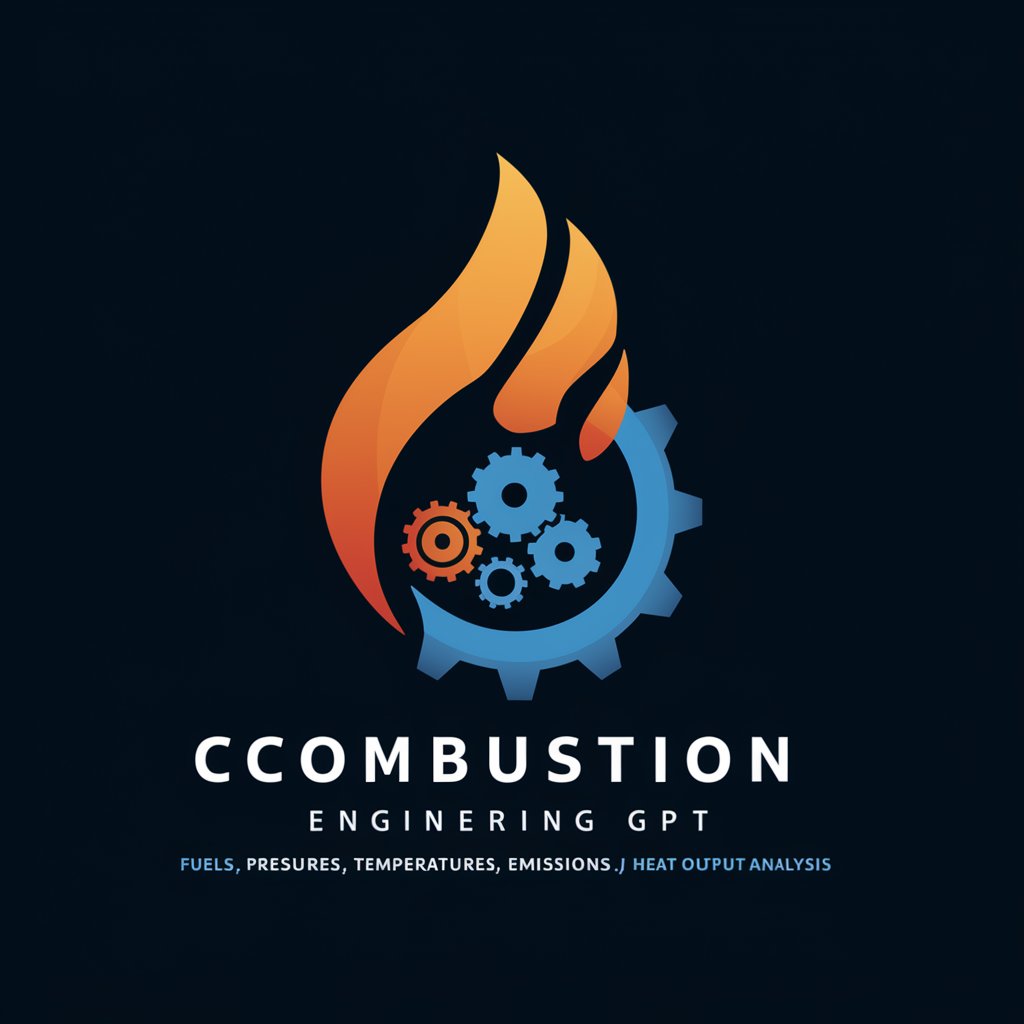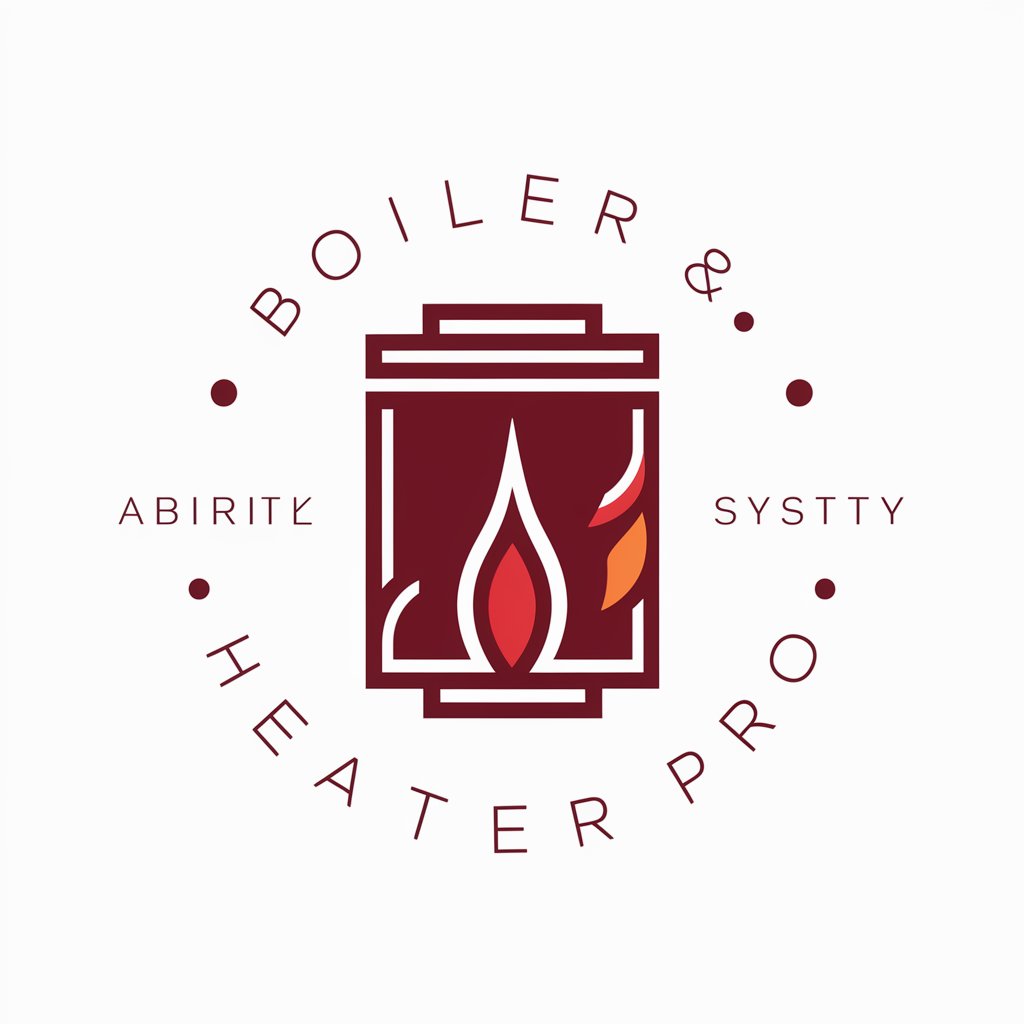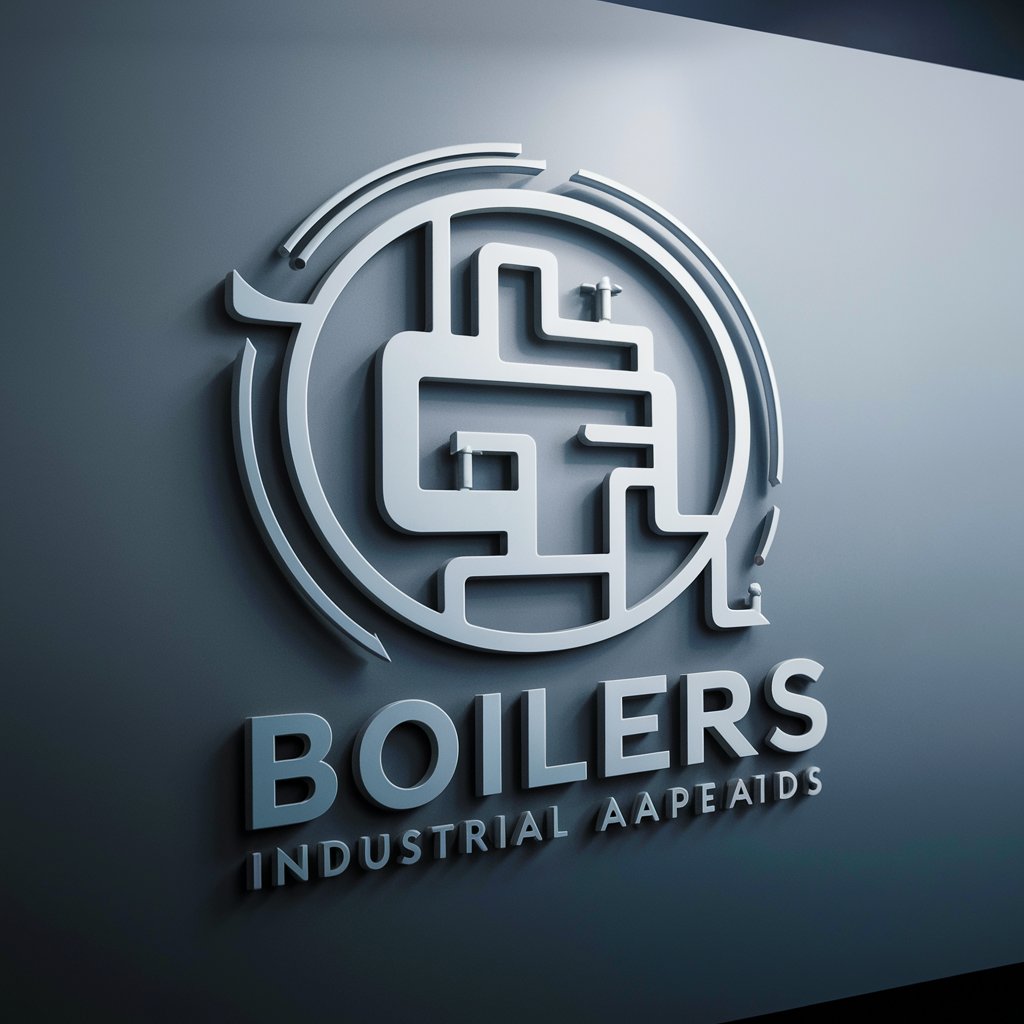
Boiler - Boiler Expertise
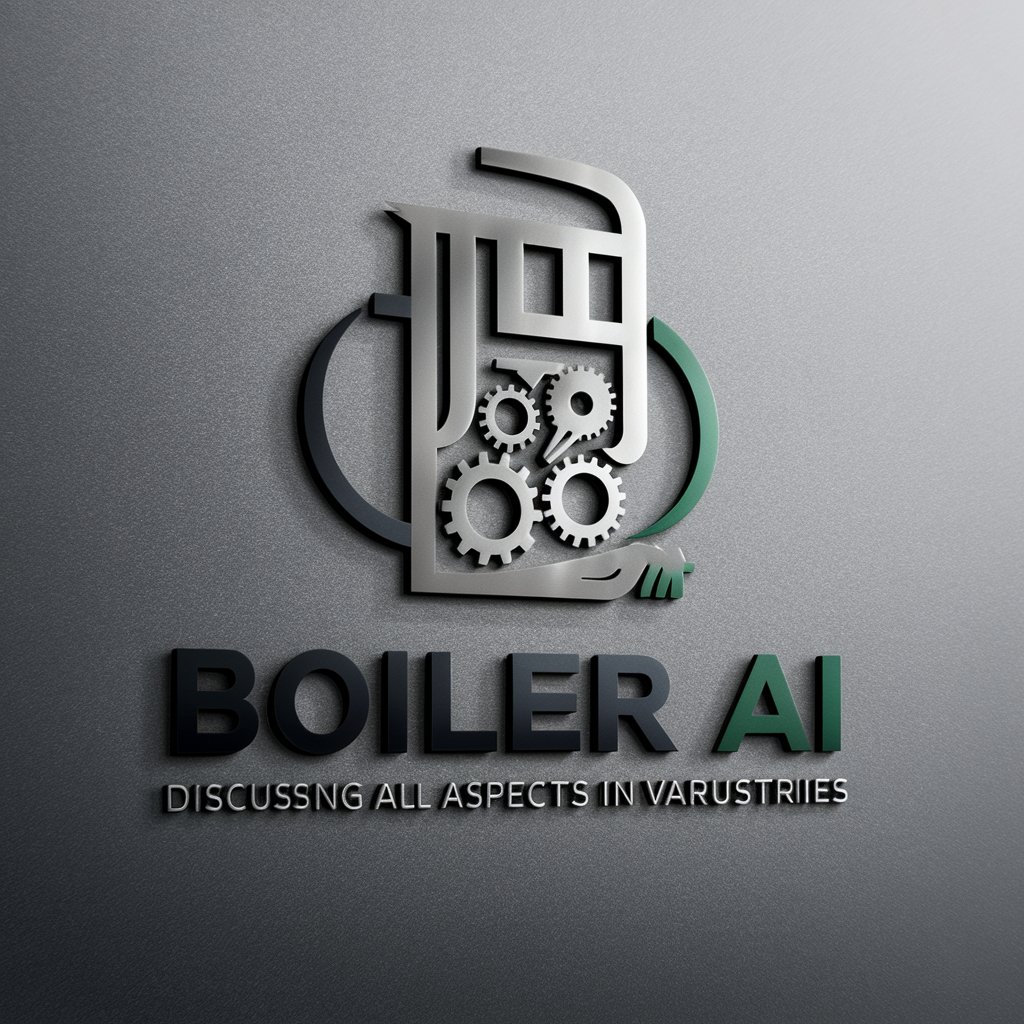
Welcome! How can I assist you with your boiler-related questions today?
Powering Industries with AI-Driven Boiler Insights
Can you explain the differences between fire-tube and water-tube boilers?
What are the most common maintenance practices for industrial boilers?
How does a condensing boiler work and what are its advantages?
In which industries are biomass boilers most commonly used?
Get Embed Code
Overview of Boilers
A boiler is a closed vessel in which fluid, typically water, is heated. The fluid does not necessarily boil. The heated or vaporized fluid exits the boiler for use in various processes or heating applications, including water heating, central heating, boiler-based power generation, cooking, and sanitation. Boilers are classified into several categories based on their heating method, pressure, and fuel type, among other factors. For example, there are fire-tube boilers, where hot gas passes through tubes surrounded by water, and water-tube boilers, where water passes through tubes surrounded by hot gas. Boilers are essential in industries such as power generation, manufacturing, and hospitality, as well as in residential applications for heating and hot water. Powered by ChatGPT-4o。

Key Functions of Boilers
Steam Generation for Power Production
Example
In power plants, boilers are used to generate steam that drives turbines connected to electricity generators.
Scenario
A coal-fired power plant uses a water-tube boiler to produce high-pressure steam, which is then expanded through a steam turbine to generate electricity.
Heating and Hot Water Supply
Example
Boilers provide central heating and hot water in residential, commercial, and industrial buildings.
Scenario
A gas-fired boiler in a hotel supplies hot water for showers and heating through radiators in guest rooms.
Process Heating in Industries
Example
Boilers supply steam or hot water for various industrial processes in manufacturing facilities.
Scenario
In a textile factory, a steam boiler is used to provide the steam required for dyeing and drying fabrics.
Sterilization and Cleaning
Example
Steam boilers are used in healthcare and food processing industries for sterilization and high-temperature cleaning.
Scenario
A hospital uses a steam boiler to sterilize surgical instruments, while a food processing plant uses it for cleaning and disinfection purposes.
Target Users of Boiler Services
Industrial Users
Manufacturers, power plants, and processing facilities that require large-scale heating and power generation capabilities. They benefit from boilers' ability to provide consistent and reliable steam or hot water for various industrial processes.
Commercial and Institutional Users
Hotels, hospitals, schools, and office buildings that need efficient heating and hot water supply systems. Boilers offer a central solution that can be scaled according to the size and demands of the facility.
Residential Users
Homeowners seeking efficient and reliable heating solutions. Modern boilers provide energy-efficient heating and hot water, catering to the comfort and utility needs of residential properties.

How to Use Boiler
Start with a Trial
Begin by accessing a complimentary trial at yeschat.ai, enabling exploration without the need for ChatGPT Plus or account creation.
Understand Your Boiler
Familiarize yourself with the types of boilers, their applications, and maintenance requirements relevant to your industry or interest.
Identify Your Needs
Determine the specific boiler-related information you require, such as installation guidance, operational procedures, or troubleshooting tips.
Engage with Boiler
Pose your questions or describe the scenario to Boiler, providing clear and concise information to receive the most accurate advice.
Apply the Insights
Utilize the expert guidance provided by Boiler to enhance your understanding, maintenance, or decision-making process regarding industrial boilers.
Try other advanced and practical GPTs
Final Book Report Creator
AI-powered insight into every page

MBA
Empowering Decision-Making with AI

Opportunity Finder
Uncovering Opportunities with AI

TALLER DE REDES
Navigate Network Challenges with AI

Spell Check
Enhancing writing with AI-powered precision.
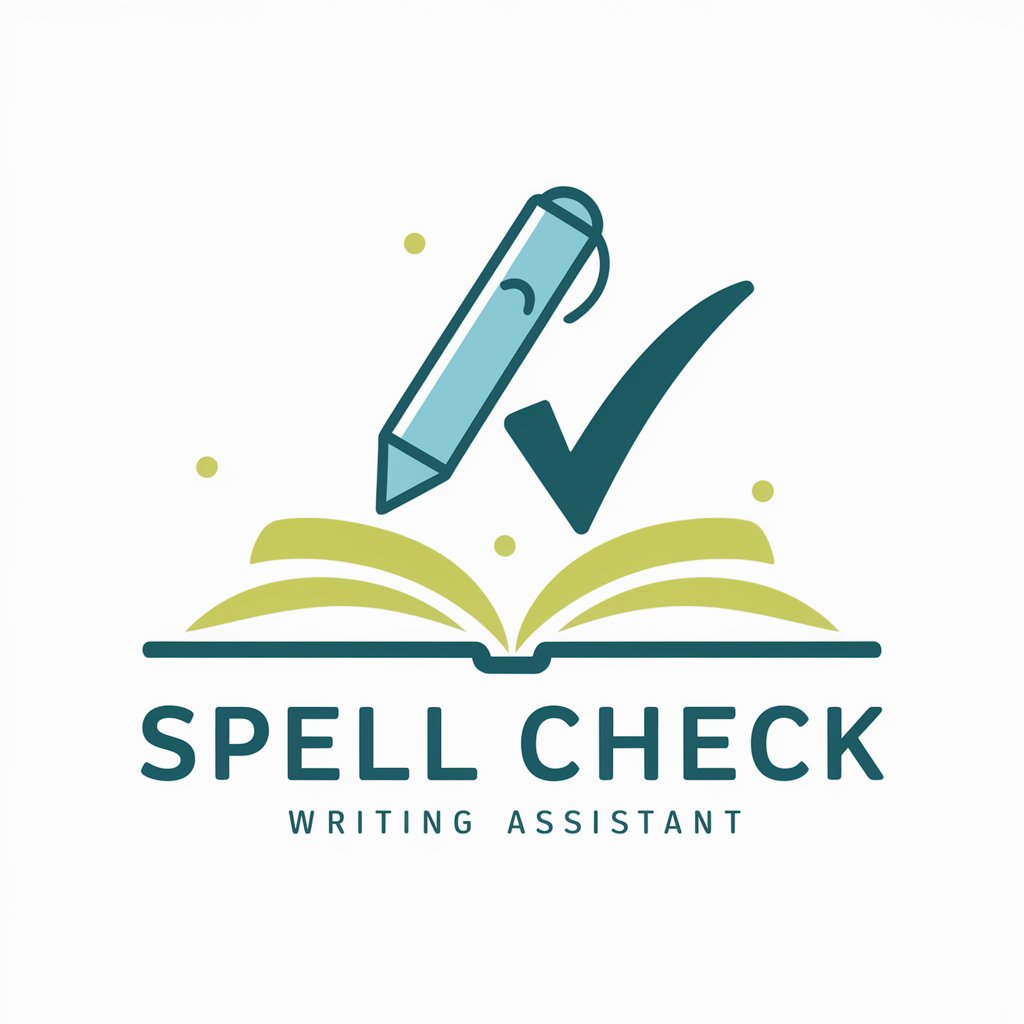
LED Light
Illuminate Efficiently with AI

Manuscript Mentor
Elevate Your Manuscript with AI-Powered Dialogue Refinement

LumaCare
Empowering Creativity with AI

I Ching Sage
Ancient Wisdom for Modern Decisions

Dürer's Apprentice
Reviving Renaissance Art with AI

Sensual Guide for You
AI-powered Personalized Sensual Guidance

Pioneer
Uncover the Pioneer Spirit with AI

Boiler Q&A
What are the main types of industrial boilers?
Industrial boilers are primarily categorized into fire-tube, water-tube, electric, and condensing types, each suited for different applications and efficiency requirements.
How does a condensing boiler achieve high efficiency?
Condensing boilers recover heat from exhaust gases that would otherwise be expelled, utilizing this energy to preheat water entering the boiler, thus achieving higher efficiencies.
What industries commonly use boilers?
Boilers are pivotal in industries such as power generation, manufacturing, food processing, chemical, and pharmaceuticals, where they provide steam or hot water for various processes.
What are the best practices for boiler maintenance?
Regular inspection, cleaning, monitoring water quality, ensuring proper combustion, and timely repairs are essential practices to maintain boiler efficiency and longevity.
Can boilers contribute to renewable energy solutions?
Yes, biomass boilers and waste-to-energy plants utilize organic materials or waste as fuel, contributing to renewable energy production and reducing reliance on fossil fuels.
